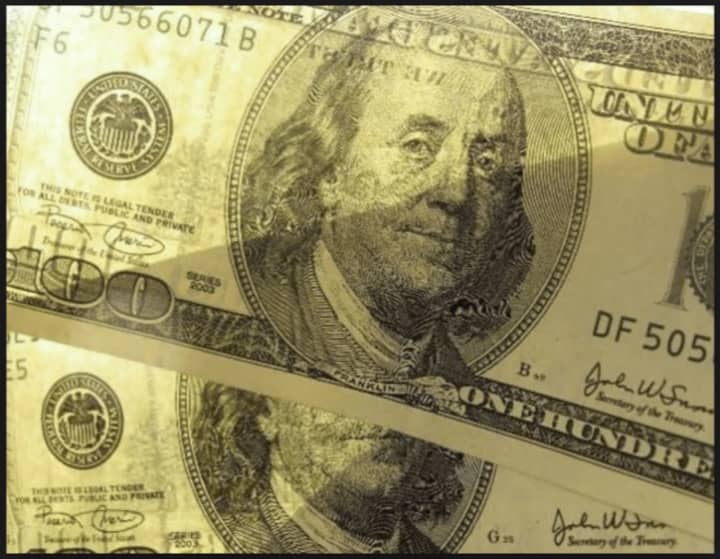“At last we have a deal,” Senate Majority Leader Mitch McConnell announced on the Senate floor after marathon talks producing what would be one of Congress’ costliest and farthest-reaching measures in history.
McConnell described it as “wartime level of investment for our nation," while adding that the Senate would vote in favor of the package sometime after noon Wednesday.
Neither the administration nor lawmakers released details, although it’s clear that $250 billion will go toward direct payments to individuals and families, while another $250 billion funds unemployment insurance and a combined $850 billion will be earmarked for small business loans and loans for distressed companies.
Larry Kudlow, President Trump's chief economic adviser, called the package "the single largest main street assistance program in the history of the United States.”
"This legislation is urgently needed to bolster the economy, provide cash injections and liquidity and stabilize financial markets to get us through a difficult and challenging period in the economy facing us right now," Kudlow said.
American workers who earn $75,000 in adjusted gross income or less would get direct payments of $1,200 each, while married couples who earn up to $150,000 receiving would get $2,400 – as well as an additional $500 per each child.
The allotments decrease with increased levels of income, ending at singles who make $99,000 AGI and $198,000 for couples without children.
Expected provisions include four months of unemployment benefits, including to those who are self-employed.
The Small Business Administration also could serve as a guarantor for loans of up to $10 billion for small businesses to meet payroll and pay down debt.
Another provision sends $130 billion to hard-hit hospitals and $150 billion to support financially hurting state and local governments fighting the pandemic.
With several members of both chambers of Congress testing positive for COVID-19, leaders were hoping to agree on a vote by unanimous consent rather than trying to bring the full House back to the capitol for a recorded roll call. A House voice vote also was possible.
Click here to follow Daily Voice Saddle Brook-Elmwood Park and receive free news updates.


